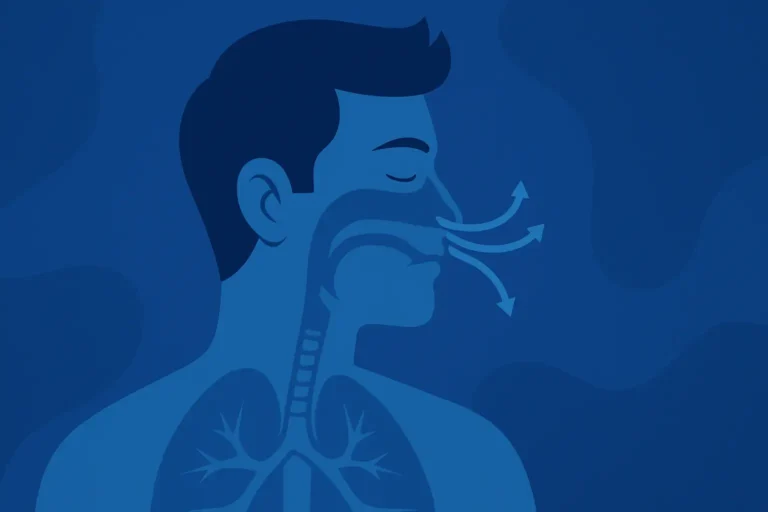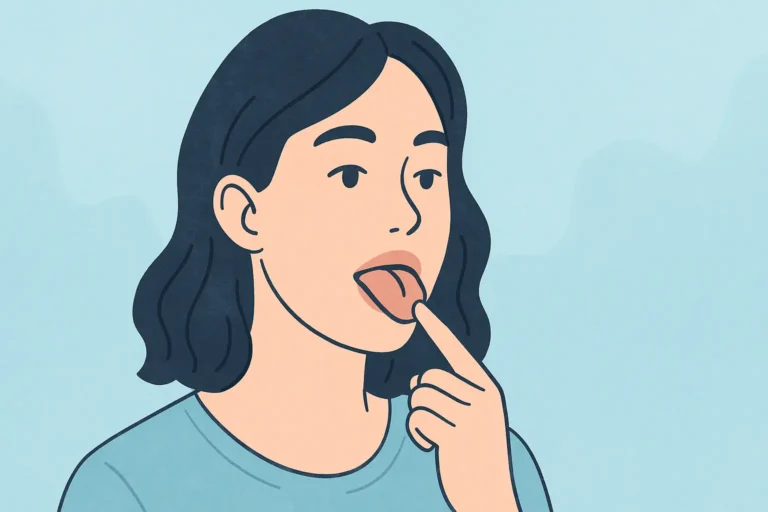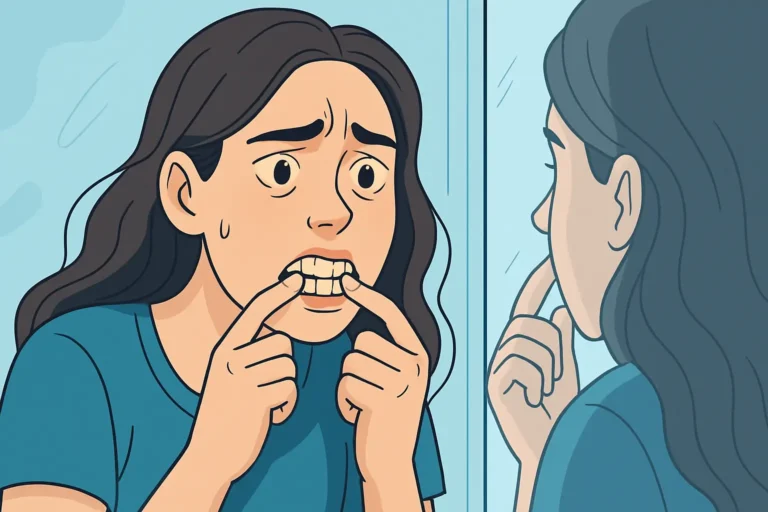Does Toothpaste Cause Dry Mouth?
Yes, some toothpaste can cause dry mouth. This usually happens when the toothpaste contains certain ingredients like sodium lauryl sulfate (SLS), which can dry out the mouth or irritate the tissues inside.
But not all toothpaste causes this problem. It depends on what’s in the tube and how your body reacts to it.
Why Does Toothpaste Make Your Mouth Dry?
A common reason is an ingredient called Sodium Lauryl Sulfate (SLS). It’s a foaming agent that helps toothpaste spread better in your mouth. But for some people, it’s irritating and can lead to dryness or even mouth sores.
Artificial sweeteners like saccharin or flavoring agents like strong mint can also bother sensitive mouths, drying them out or leaving a burning sensation.
And some toothpaste just throws off your mouth’s moisture balance. If your mouth already tends to be dry, the wrong toothpaste can make things worse.
Common Signs Your Toothpaste Is Drying Your Mouth
You might not notice it right away. But if you’re using a new toothpaste and you start feeling any of this, it could be the reason:
- Your mouth feels sticky or dry after brushing
- You need to drink water constantly
- You wake up with a super dry mouth
- Your tongue feels rough or coated
- You’re getting bad breath even after brushing
These are all signs your toothpaste might be the culprit.
What Ingredients Should You Watch Out For?
If dry mouth is a problem, flip the tube and read the label. Look for these common troublemakers:
- Sodium Lauryl Sulfate (SLS) – The biggest one to avoid
- Alcohol – Often used in mouthwash, but some pastes have it too
- Strong menthol or mint oils – Can feel fresh, but drying
- Triclosan – An antibacterial agent that some people react to
- Artificial colors and flavors – Can be irritating to sensitive mouths
Not everyone reacts the same, but if you’re having trouble, these are the ingredients to check first.
Is Dry Mouth Really That Big of a Deal?
It can be. A dry mouth isn’t just annoying—it can lead to real problems.
Saliva helps wash away food, neutralize acids, and protect your teeth. If you don’t have enough saliva, your mouth becomes a breeding ground for bacteria.
That means more cavities, bad breath, gum disease, and even mouth infections like thrush.
Plus, it just makes life uncomfortable. Talking, chewing, and swallowing all feel harder when your mouth is dry.
So, What Kind of Toothpaste Should You Use?
Look for toothpaste that’s labeled “SLS-free” or made for “dry mouth”. These tend to be gentler and help you keep more moisture in your mouth.
Here are some key things to look for:
- SLS-Free – No foaming, but much gentler
- Xylitol – A natural sweetener that helps stimulate saliva
- Fluoride – Still important for protecting teeth
- Mild Flavors – Skip the extra strong mint
Some brands also make pastes specifically for dry mouth. They’re a little pricier but worth it if you’ve been struggling.
Toothpaste Brands to Consider If You Have Dry Mouth
Here are a few well-known ones that get good reviews from people with dry mouth:
| Brand | What’s Good About It |
|---|---|
| Biotène | Made specifically for dry mouth, SLS-free, very gentle |
| Hello Sensitivity Relief | No SLS, fluoride protection, mild flavors |
| TheraBreath | Dentist-developed, helps with dry mouth and bad breath |
| Sensodyne Pronamel (SLS-Free) | Good for sensitive teeth and dry mouth |
| Tom’s of Maine (SLS-Free) | Natural option, no artificial flavors or dyes |
Try one of these for a couple of weeks and see if things improve.
What Else Could Be Causing Your Dry Mouth?
It’s not always the toothpaste. There are other causes you might want to consider too:
- Medications – Tons of common drugs (like allergy pills or antidepressants) can dry you out
- Mouth breathing – Especially at night
- Dehydration – Not drinking enough water during the day
- Health conditions – Diabetes, Sjögren’s syndrome, or other autoimmune issues
- Smoking or alcohol – Big contributors to dry mouth
So if changing toothpaste doesn’t help, you might want to look at the bigger picture.
How to Deal With Dry Mouth (Even If It’s Not Toothpaste)
If toothpaste isn’t the only issue, here are some things you can do to help:
- Stay hydrated – Sip water throughout the day
- Use a humidifier at night – Especially if you sleep with your mouth open
- Chew sugar-free gum or suck on lozenges – Look for ones with xylitol
- Avoid caffeine and alcohol – They both dry you out
- Use dry mouth sprays or gels – Like Biotène Moisturizing Spray
These small changes can make a big difference in how your mouth feels all day.
Should You See a Dentist About This?
Yes, especially if the dryness isn’t going away or is affecting your sleep, eating, or talking.
A dentist can check for signs of oral problems and might recommend specific products or refer you to your doctor if there’s an underlying issue.
It’s always better to get it checked early than wait until you’ve got a mouth full of cavities or worse.
Final Thoughts: What To Do Next
If your mouth feels dry after brushing, your toothpaste might be the reason. Switch to an SLS-free brand and see if that helps.
If the problem continues, talk to your dentist or doctor—there might be something else going on.
And remember, dry mouth isn’t just a nuisance. It can cause real problems if ignored.
So pay attention to what your mouth is telling you—especially after brushing.







